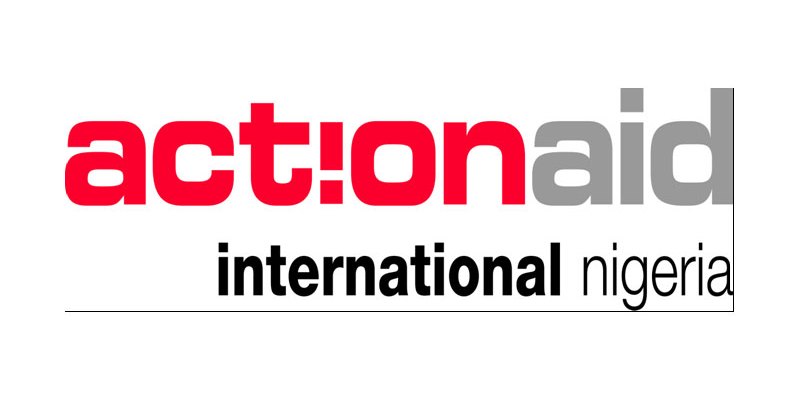The ActionAid Nigeria (AAN) has expressed concern that despite increases in budgets from 2016 to 2021, Nigeria has one of the highest poverty levels in sub-Saharan Africa.
The AAN Country Director, Ms. Ene Obi, raised the concern on Wednesday in Abuja at a two-day “Technical Roundtable on the 2022 Federal Government of Nigeria Proposed Budget: Aligning with the Medium-Term National Development Plan (MTNDP) for Accelerated Transformation”.
- Nigeria to lose N170trn to climate change by 2050 – ActionAid
- Stop tax waivers to fund budget, ActionAid tells FG
She said that a Human Development Index (HDI) that is slightly above the average for the sub region is an indication of certain level of disconnect to the needs and aspirations of the people.
She said that roundtable is in line with AAN’s country strategy on promoting a transparent and accountable public finance management system that supports effective gender responsive public service delivery for citizens.
She said that the 2021 budget maintained an increasing trend from N6.06trn in 2016 to N7,441trn in 2017 to N9.12trn in 2018; N8.916trn in 2019 and N10.8trn in 2020.
She also said that the 2021 Appropriation Bill proposed a total expenditure of N13,082,420,568,233 that is 65.89 percent than the projected revenue of the N7,886,412,575,941 thus creating a deficit of N5,196,007,992,292.
“In November 2022, the Federal Government approved the Medium-Term National Development Plan (MTNDP) with an estimated investment of N348.7trn,” she said.
She said that the focus of the MTNDP 2021-2025 is to include the elimination of poverty and ensuring economic stability, development, and good governance.
She said that to actualize the goals of the plan, AAN believes investment in critical sectors will be critical to drive the development plan.
On her part, the Deputy Director Statistics, National Bureau of Statistics (NBS) and Head Cooperate Planning and Statistical Coordination Department, Mrs. Martina Jummai Saleh, said that data is essential for planning and policy formulation.
She said that the NBS has continued to engage respondents on different surveys especially with the impact of COVID-19 and how people coped afterwards.
She lamented that there are poor responses from responders as some of them no longer believe in them while carrying out their duty adding that NBS still don’t have that support in data collection.
She therefore urged the general public to be enlightened on the essence of data collection for national development.

 Join Daily Trust WhatsApp Community For Quick Access To News and Happenings Around You.
Join Daily Trust WhatsApp Community For Quick Access To News and Happenings Around You.


